
Politics
19:49, 08-Mar-2017
Key points you need to know about China's top legislator's annual work report
Updated
10:59, 28-Jun-2018
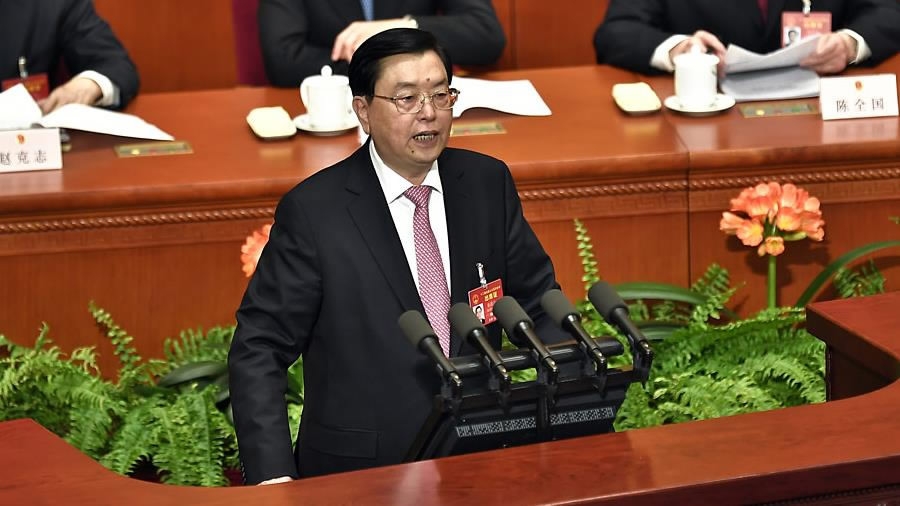
The National People's Congress (NPC) Standing Committee has decided to submit the draft of the General Provision of Civil Law to the ongoing session for deliberation.The head of China’s top legislature has made a round-up report its work over the past year and its provisions into the future. Some key points in the report may interest you.
Zhang Dejiang, chairman of the Standing Committee of the NPC, delivered a report on the committee’s work at the second plenary meeting of the Fifth Session the 12th NPC in Beijing on Wednesday.
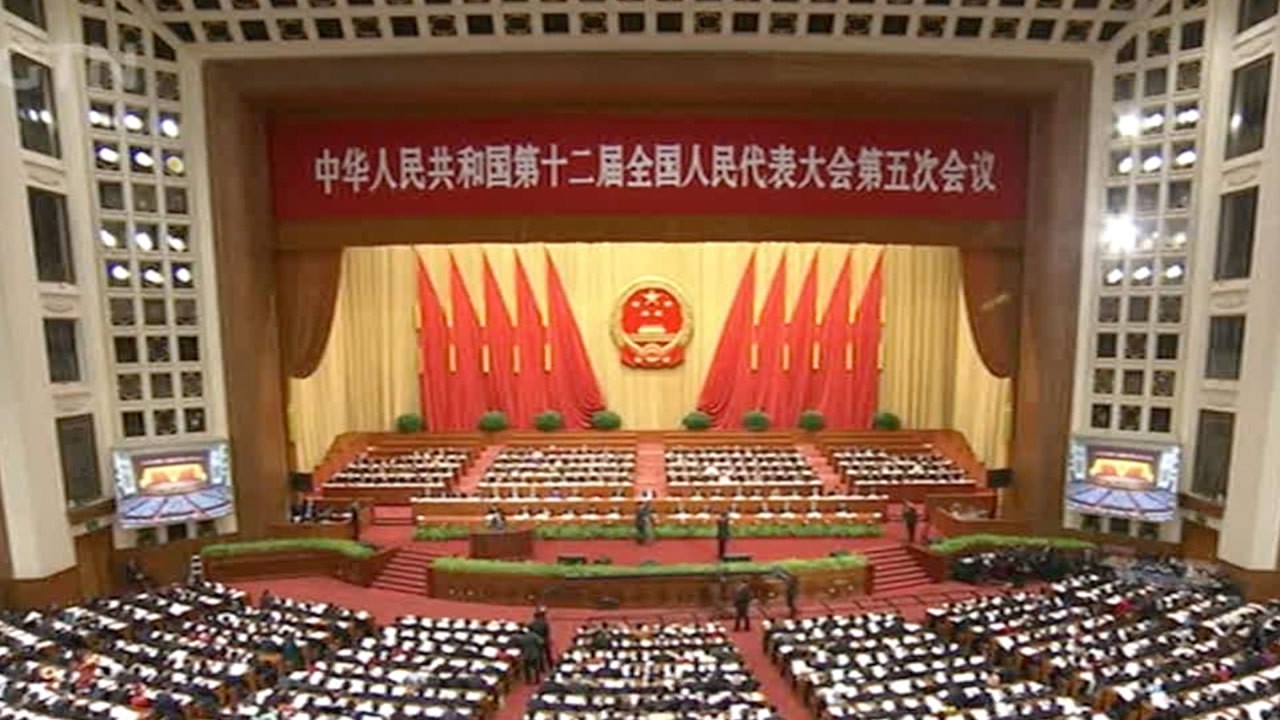
A complete civil code
The civil laws in China are still under development. The country formulated the General Principles of Civil Law in 1986, which can be seen as a guidance of all civil laws in China. A series of civil laws were introduced under the guidance, such as the Inheritance Law, the Adoption Law, the Contract Law, the Property Law and so on.
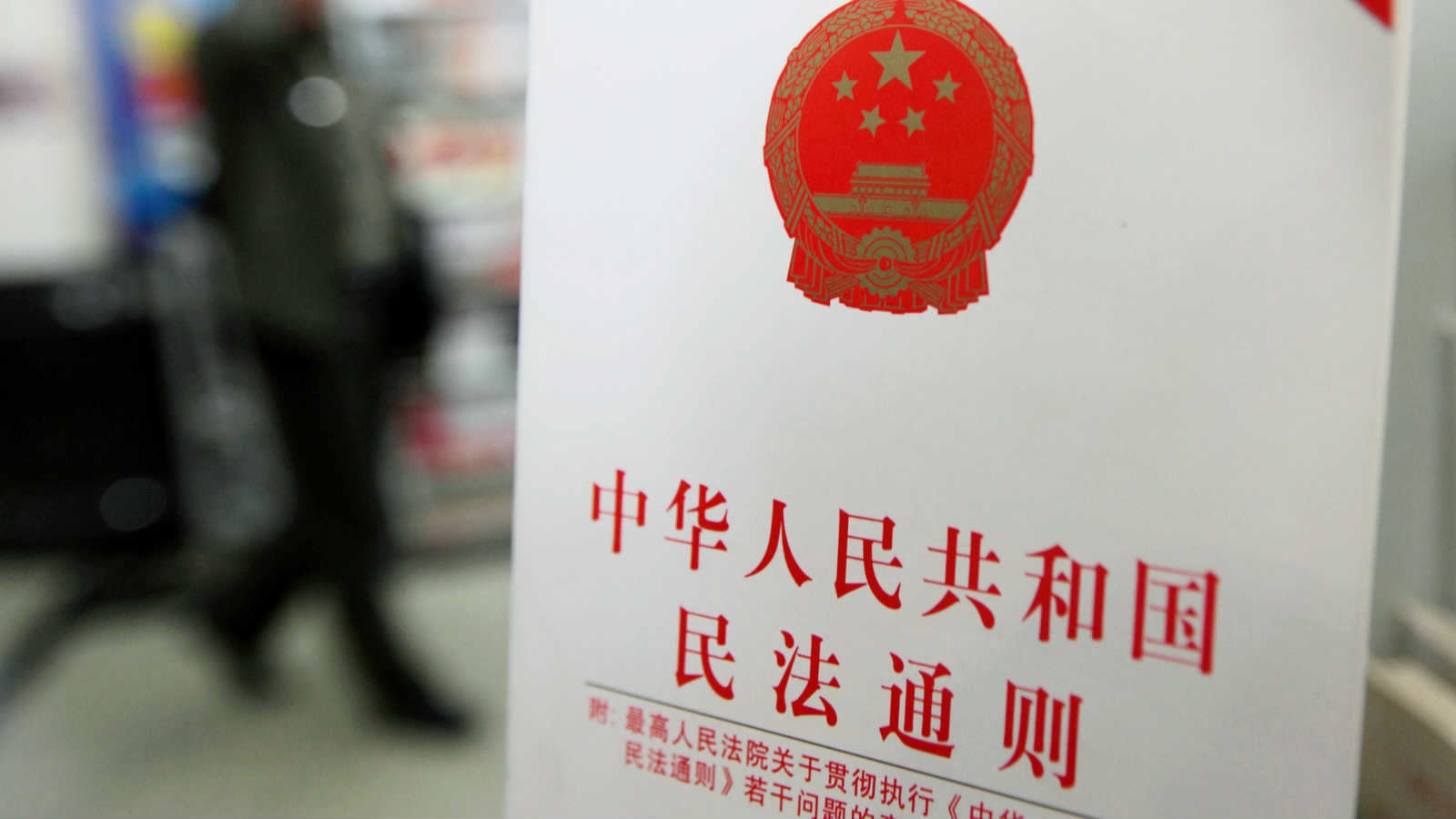
A copy of the General Principles of Civil Law. /CFP Photo
A copy of the General Principles of Civil Law. /CFP Photo
China is expected to form a complete civil code by 2020, and the General Provision of Civil Law will be developed first, said Zhang Dejiang in the report. The NPC Standing Committee has decided to submit the draft of the General Provision of Civil Law to the ongoing session for deliberation.
Zhang believed that the piece of legislation would "stand the test of the time and meet the expectations of the people."
Sentence bargaining in criminal cases
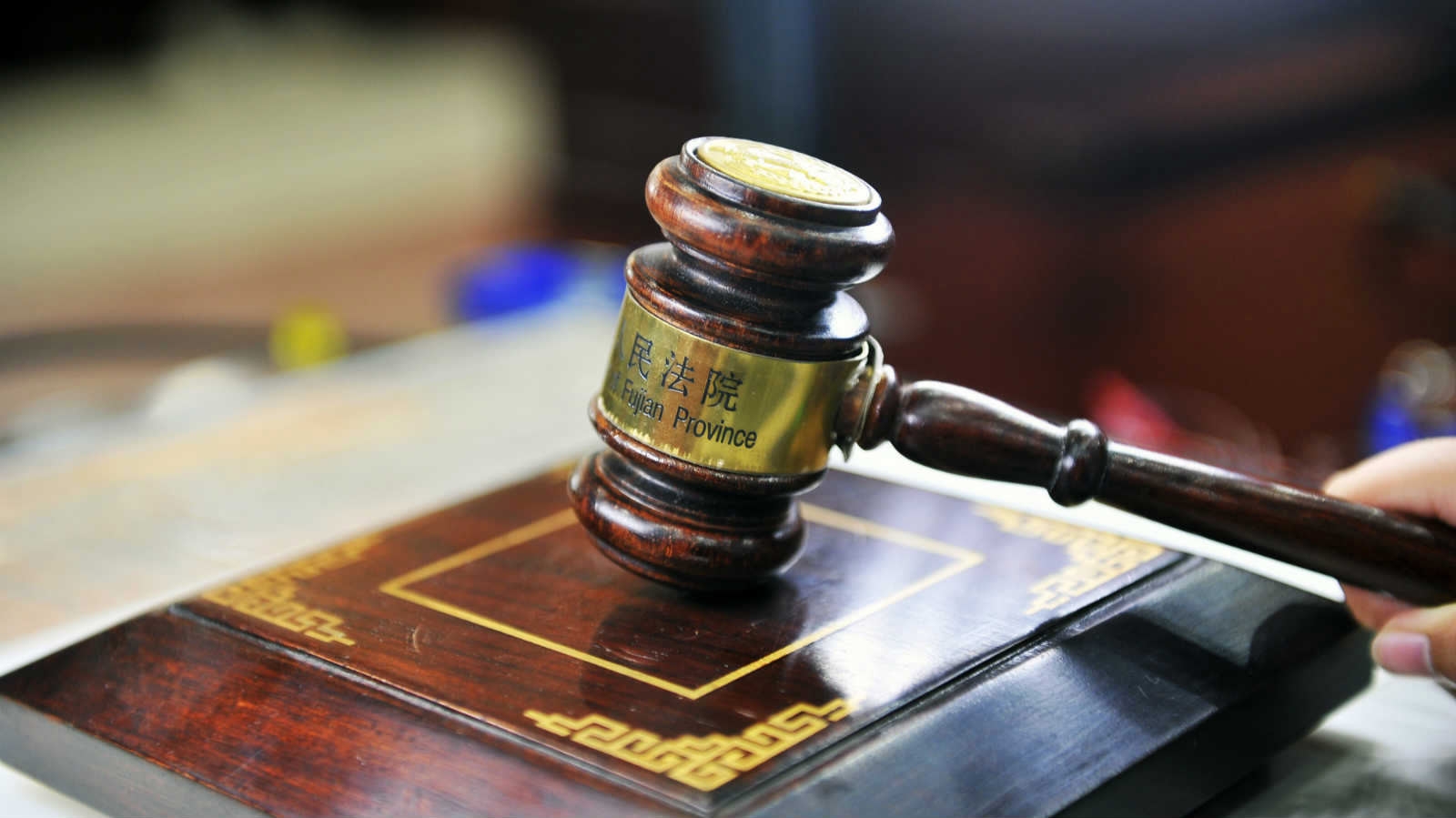
CFP Photo
CFP Photo
Another important change in China's legal system was also announced by Zhang, which is the piloting of sentence bargaining systems in criminal cases.
According to the system, criminal suspects and defendants who are willing to confess to their crimes and plead guilty without objections could be sentenced with leniency.
The NPC Standing Committee agreed to authorize the Supreme People’s Court and the Supreme People’s Procuratorate to start the pilot project in 18 cities including Beijing, Tianjin, Shanghai and Chongqing on September 3, 2016.
Stance against Hong Kong secession
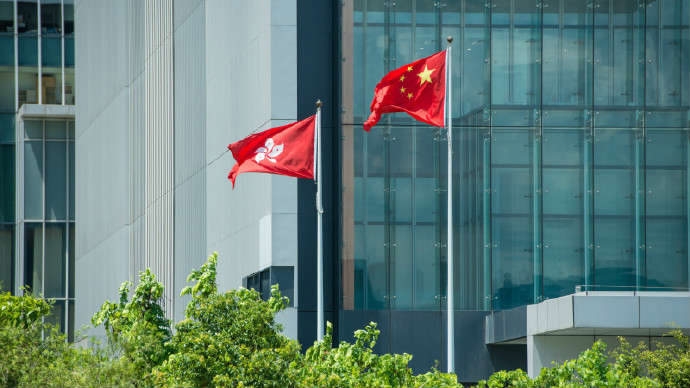
CFP Photo
CFP Photo
Zhang also slammed attempts at making Hong Kong independent and stressed that pursuing secession is illegal.
The NPC Standing Committee produced the interpretation of Article 104 of the Basic Law of the Hong Kong Special Administrative Region last year. The interpretation makes it clear that lawmakers taking office must follow the exact wording of an oath that includes swearing to uphold the Basic Law of Hong Kong.
It also clarifies that anyone who fails to take the oath is legally disqualified from assuming office.
The issue came to a head after a number of Hong Kong lawmakers failed to take the oath and were barred from taking office.
Learning lessons from voting bribery cases
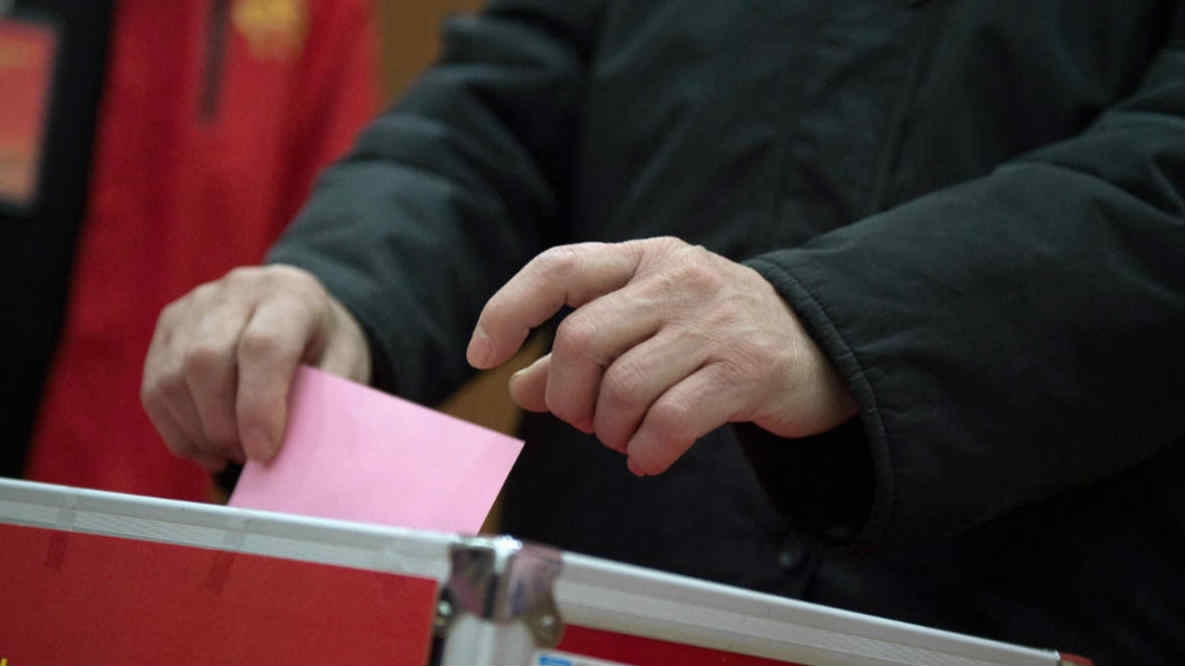
CFP Photo
CFP Photo
Last year, over two-thirds of lawmakers in China's northeastern Liaoning Province were dismissed for buying their way into the local legislature. Many of them were once deputies in the NPC.
It was a controversy that rocked the foundations of the electoral system for China's top legislature.
In the report, Zhang Dejiang pledged to "study the lessons learned from the voting bribery case of Liaoning Province" and ensure elections of NPC deputies are conducted honestly.
"We will provide guidance to electoral bodies to help them organize elections well and study the lessons learned from the voting bribery case in Liaoning Province," he added, promising that the NPC Standing Committee will ensure the right direction is maintained in elections and that elections are conducted honestly through "a combination of strict preventative measures and disciplinary regulations."
Strengthening supervision

CFP Photo
CFP Photo
The nation’s watchdog system will be reformed as well, according to Zhang.
China will revise administrative supervision law to put in place a unified, authoritative and efficient national supervision system.
“First of all, we will carry out the decision and plan of the Party Central Committee on deepening reform of the national supervision system,” Zhang said.
“This means that we will revise the Law on Administrative Supervision to turn it into a national supervision law, so as to provide a legal guarantee for our efforts to put in place a centralized, unified, authoritative and highly- efficient national supervision system.”
In order to build experience before advancing this major reform throughout the country, the Party Central Committee has decided to launch trials in several locations, Zhang noted.

SITEMAP
Copyright © 2018 CGTN. Beijing ICP prepared NO.16065310-3
Copyright © 2018 CGTN. Beijing ICP prepared NO.16065310-3